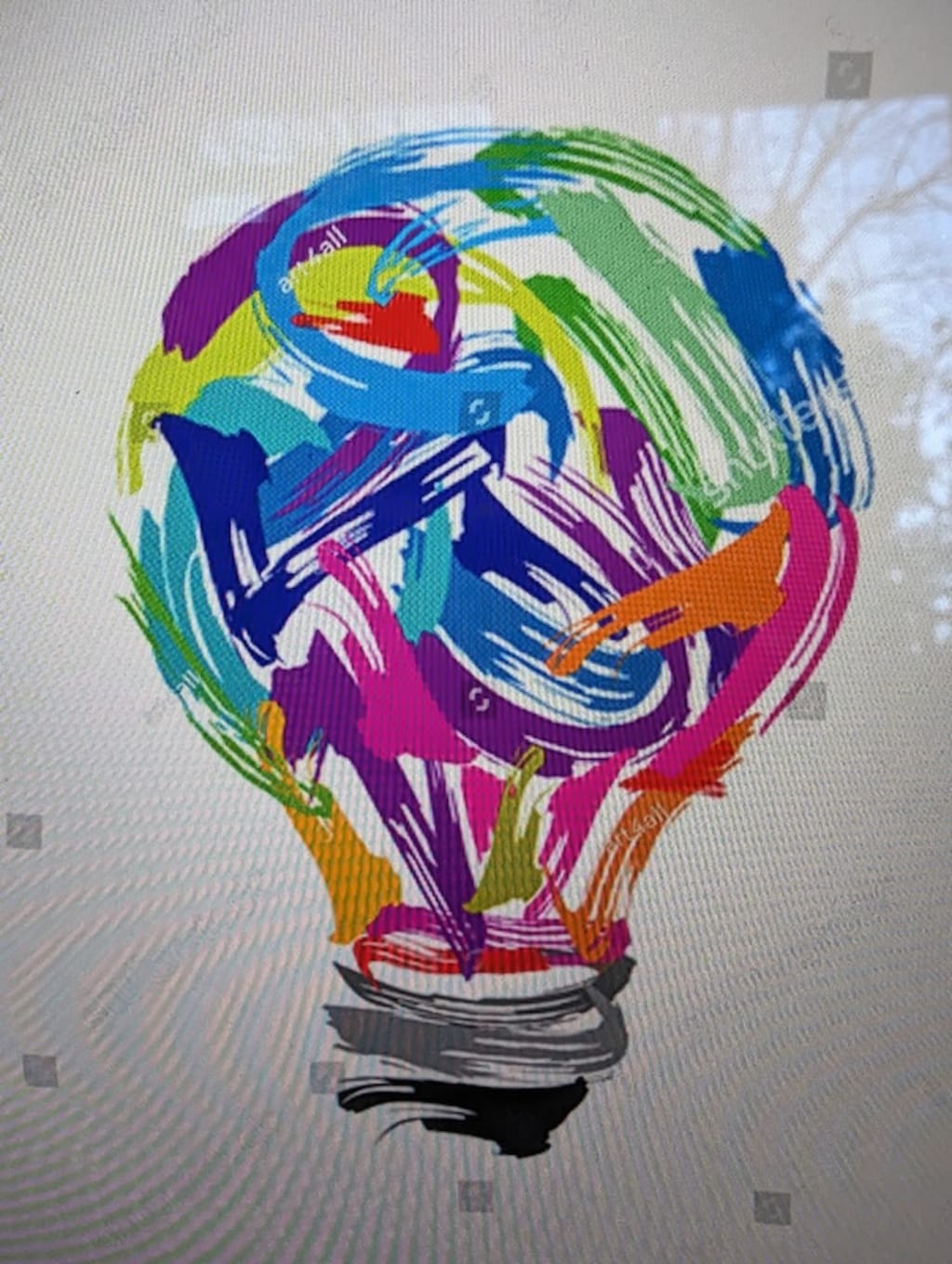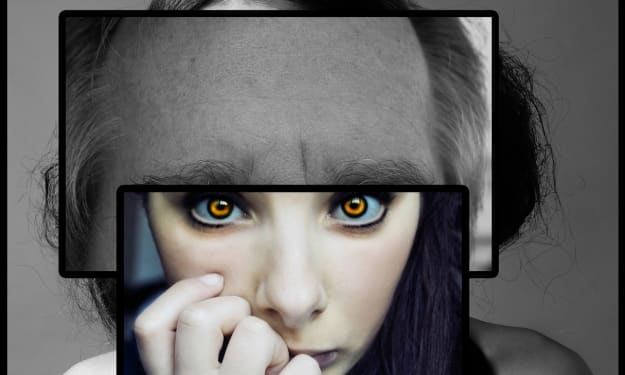Rerouting the Brain of An Addict
Experimenting with options

When you commute to work or walk to school, do you take the same route every day or do you mix it up and try new pathways?
Have you noticed that you tend to zone out and go on autopilot when you follow the same exact route each time? After about ten monotonous times of treading the same routine, we have hardwired our path to our regular destination. Addicts with substance use disorders have an even more ingrained brain pathway with the dopamine reward system driving their behavior. This relentless engine stops at nothing and reverts back to the previous behaviors that trigger the motivation to achieve the high like the time before. Their brains are habitually wired to gravitate toward using their drug of choice and this autopilot is in constant overdrive. Certain places, people, and stress can trigger users to relapse or keep using if they haven't attempted a recovery yet.
Regardless of the severity of the addiction, users can have a window of opportunity to find the motivation to change. Smokers can find the motivation to quit nicotine. Narcotics users can check into treatment centers and complete recovery. Substance users with mild to moderate addictions can find the motivation on their own or with the help of a counselor. And, many can thank the criminal justice system for presenting a chance for a change in behavior, at least, while in jail.
This narrow window of time can provide enough clarity to ask the question:
What negative thoughts plague my mind when I get triggers to use my substance of choice?
Negative triggers can be thoughts like:
• "I don't know if I can pay my bills next month."
• "I don't know if I can go to a social event without drinking."
• "Every time I see my ex-boyfriend, I feel like using."
• "I must avoid withdrawal, so I need another fixing."
You can even get positive but dangerous feelings that are triggered like:
• "When I drive by the Cape Cod motel, I get tingles from when I used to party there."
• "I miss her and the elation we used to feel when we would do lines together."
Similar to the repetitive pathway’s commuters take to work each day in heavy traffic, drug users have ingrained memories and brain highways with neural connections embedded in the pleasure-pain cycle. Every commuter on the road has the option to try another road, take a few back streets, stop for a less addicting drug (mild) at an interesting coffee shop. Drivers can leave thirty minutes early to enhance their trip by exploring new options to add variety to their mundane days.
For milder cases like nicotine addiction, the window of change may present itself in safer situations with less severe consequences. During my pre-med days at Cal Poly, I used to work as a medical assistant for the Student Health Center, taking the vital signs of my fellow students being seen for general care. One of the students in my cohort walked into the clinic to relieve me of duty and sat in the chair next to me. I caught a whiff of smoke from his clothes and sensed some disappointment on his face.
"Tony, can you smell the smoke on my clothes?"
"Actually, yeah, it's pretty strong!" I figured I would attempt to motivate him with a realistic comment. I had some failed attempts at motivating my dad to quit and was looking for a win. I enjoyed challenging others to change and find motivation on their own.
"Hey, Darren, do you have a girlfriend?" I asked.
"No, but I have a honey I want to ask out. She is super cool and cute, but I am worried she won't like me when she finds out I smoke. She's in my Kinesiology class and is all about fitness."
"Hmmm..." I took a deep breath and exhaled slowly as I did earlier in my thirty-minute swim session. Then it hit me—swimming was the answer.
"Darren, I can help, and I have a prescription for you." I had just completed my undergraduate class, The Psychoactive Effects of drugs, and was determined to use my collegiate knowledge. Even though this was a legal lower risk drug, I was still determined to help.
"Darren, have you had PSYCH 303 yet? I am doing a report on positive substitutions for addictive behavior and I know how we can help each other."
Darren raised his eyes in curiosity and responded,
"No, it's an elective class that's not in our pre-med curriculum so I haven't had it but enlighten me. What's your idea?"
I spent about fifteen minutes scribbling on a prescription pad of one of our General Practitioners.
Rx for Darren:
Swim in cold water at University Rec Center Pool 2 x day—once before class begins and after your classes end.
Do 2 laps, warm up slow.
Then sprint a lap one way and return with a slow stroke on the way back (10 times).
Do these 7 days in a row while on University campus.
Note: if you get any cravings in between sessions, just splash some cold water on your face. Oh, and make sure to ask out your dream girl on day 6 or 7 of your prescription.
"Here you go, Darren. I know 2 times a day sounds like a lot but it's only for seven days and you will be smoke-free."
Darren smiled and lit up with hope,
"Cool, I will try this."
The following week I crammed for finals and didn't go into work because of all the studying I had to do to finish up midterms. Ten days later, a tanned, confident Darren glided into the Health Center and approached me with a beaming air of confidence.
"Tony, I did it! The first couple of swim sessions were cold and uncomfortable but I had a warm satisfying feeling after my work out that I hadn't felt before. I continued smoking the first couple of days but realized the high I felt during and after swimming was better than the stimulating effects of nicotine and so I found myself craving these swim workouts."
"Awesome, what about that girl you were going to ask out?" I inquired further.
"Dude, that's the best part, we have a date tomorrow. I'm taking her on a bike/hike picnic date up Mount Madonna."
"Way to go buddy!" I was happy for Darren and felt a great sense of satisfaction helping a friend and co-worker solve an important problem in his life.
Because he had the motivation to change and I saw an opportunity to offer him a positive substitution for his addiction, he was able to try a new brain pathway and replace his unwanted smoking addiction with an adaptive activity. His desire to ask out an attractive woman and my insight to explore new ideas on addiction helped us collaborate to replace negative behavior with creative brain pathways and healthy habits.
Darren is now equipped with more positive options and healthier alternatives to kick nicotine cravings and glide the earth with glowing confidence.
More severe cases of addiction must be treated in inpatient or outpatient settings with addiction medicine specialists and counselors. During their time in treatment and after, they must perpetually engage in positive habits like swimming, creative writing, and attending regular groups like Alcoholic Anonymous to reroute the brain to make positive choices and support healthy decision making.
The next time you are stuck in traffic or find yourself zoning out on your daily commutes, try a new alternative and see where you end up. You may be surprised at how refreshing it is to try creative options to replace those old boring routines that zap all that vibrant energy we need to thrive in life. While each person has different degrees of addictions and compulsions, we all have the ability to transform our negative patterns of behavior into new healthy styles of life.
About the Creator
Tony Martello
Join an author like no other on various tales that entertain, philosophies that inspire, and lessons that transform us. He is inspired by nature, the ocean, and funny social interactions. He is the author of Flat Spell Tales and much more.






Comments
There are no comments for this story
Be the first to respond and start the conversation.